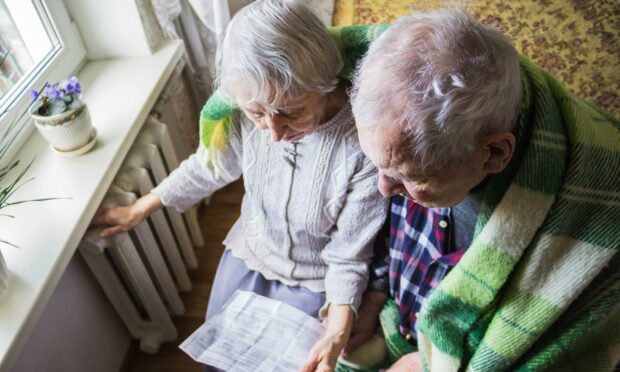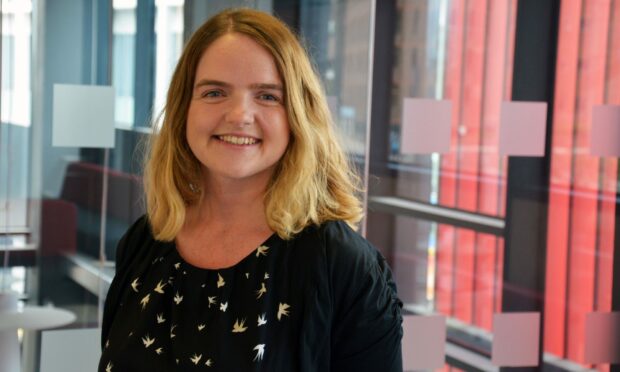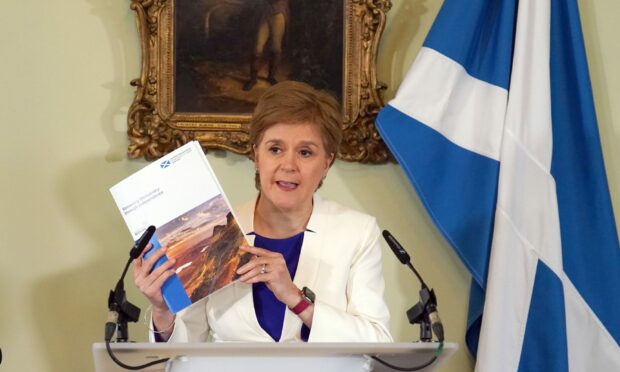A leading economist fears it could be more than a year before the soaring cost of living starts to ease.
Speaking in an exclusive interview for The Stooshie podcast, Mairi Spowage said it had never been more difficult to forecast what would happen next.
The director of Strathclyde University’s Fraser of Allander Institute suggested an optimistic scenario might be a recession that lasted a “few quarters long”, with inflation coming “under control” in about a year.
But she added that the energy price trends meant it was “really difficult to know whether that is going to be the case”.
Ms Spowage, speaking before Prime Minister Liz Truss announced her resignation after just 44 days, reflected on a “pretty extraordinary few weeks”.
She said the disastrous mini-Budget at Westminster had underlined the importance of ensuring the markets have faith in a government’s fiscal credibility.
On the cost of living crisis, the economist said: “I mean I think it is likely that we are going to have a period of pretty difficult economic times as we go into the winter.
“Despite the energy price guarantee, the price per unit is still double what it was a year ago, and people are really going to struggle.
“Add on top of that hugely rising food prices, and even things like clothing and footwear, everything is going up in price and making it more and more difficult.
“We’re seeing some people switch away from non-essential to essential spending, so they are going to tighten their belt much more on discretionary things like going out and that sort of thing.
‘It is a pretty worrying time’
“But we’re also seeing people cut, worryingly, on essential spending – things like heating and food and things like that. So it is a pretty worrying time.”
Ms Spowage said she did not know when life might return to normal.
“I hope the recession is maybe only a few quarters long, that inflation starts to come under control in a year or so, and stops affecting people so much, and that the economy begins to recover,” she said.
“But given the pathway for energy prices in particular, it’s really difficult to know whether that is going to be the case.”
Meanwhile, Ms Spowage said the last few weeks had also shown why fiscal credibility would be “so important” to a newly-established independent Scotland.
Asked about the Scottish Government’s new economic prospectus for independence, which was unveiled by First Minister Nicola Sturgeon on Monday, she said there were still questions to be answered.
This includes how you get from the starting point of independence to a “more fiscally sustainable position”.
She said: “I think the uncertainties in the world economy right now make it even more important to address the issue of this kind of structural deficit that we have, in terms of what we spend on services, versus what we raise in revenues.”
Ms Spowage added that much of the prospectus would be “matters for negotiation” with the rest of the UK and the EU in the event of a referendum Yes vote.



Conversation